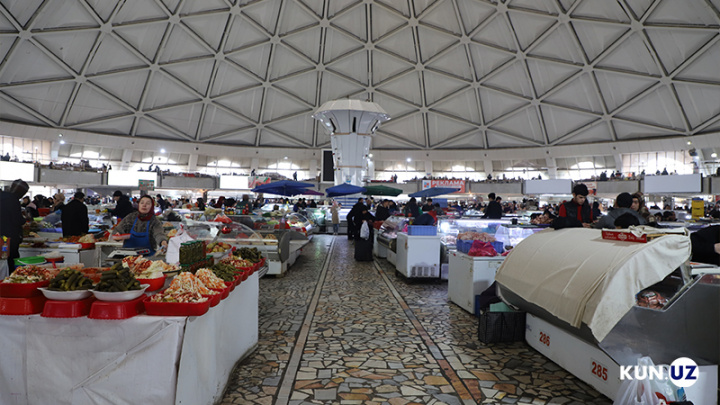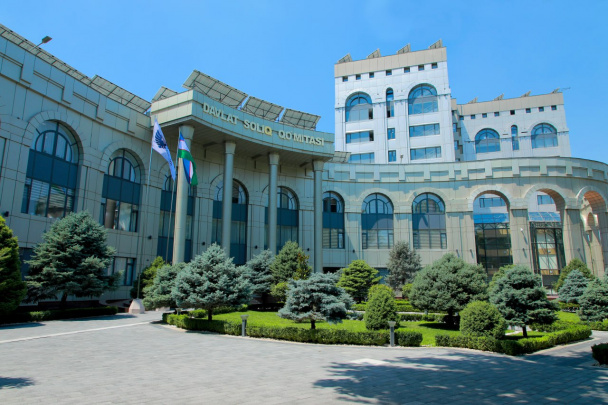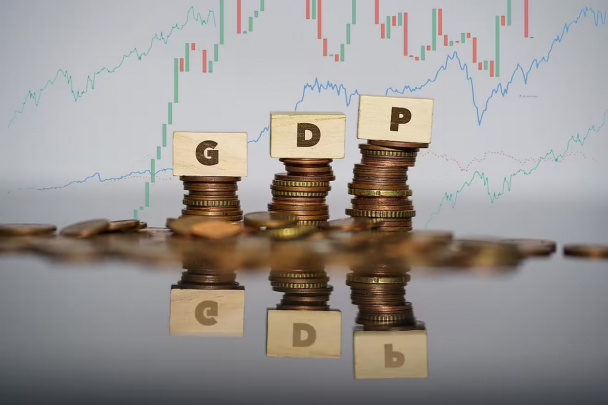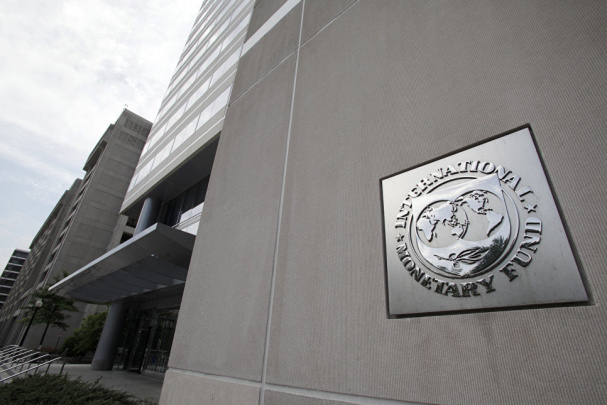ADB forecasts Uzbekistan’s economic growth at 6.6% in 2025
Uzbekistan's economic growth is expected to reach 6.6% in 2025, with strengthened positions in 2026, according to the Asian Development Bank’s (ADB) new report, which also highlights the critical role of regional cooperation in the country’s development.
In its economic publication, Asian Development Outlook (ADO) April 2025, ADB forecasts a marginal rise in Uzbekistan's gross domestic product (GDP) this year, with growth reaching 6.7% in 2026. This expansion will be supported by sustained broadening in industry and services, along with steady domestic demand.
"Uzbekistan's GDP growth of 6.5% in 2024 is the result of targeted government efforts to develop key sectors of the economy, such as industry and construction," said ADB Country Director for Uzbekistan Kanokpan Lao-Araya. "With continued efforts to improve infrastructure and regional integration, Uzbekistan is well-positioned to achieve sustainable and balanced growth in the coming years."
The report also notes a decrease in inflation to 9.4% in 2024, down from 10% in 2023, due to tight monetary policy and lower transportation costs for imported goods. However, inflation in services surged to 21.8% following an increase in administered prices for electricity and natural gas.
Inflation is anticipated to slow further, reaching 8.0% in 2025 and 7.0% in 2026, despite planned increases in energy prices. The fiscal deficit is expected to narrow to 4.0% of GDP in both years, supported by fiscal consolidation efforts and stable revenue from state-owned enterprises in mining and quarrying.
The industrial sector is projected to grow by 7.0% annually, driven by external demand for food, petrochemicals, and textiles, as well as domestic demand for mining and quarrying products. The services sector is expected to continue its upward trajectory, with growth forecasted at 7.8% in 2025 and 7.9% in 2026.
The report emphasizes the importance of developing economic corridors to enhance Uzbekistan's participation in regional value chains. As a landlocked country, Uzbekistan relies heavily on regional cooperation and integration to facilitate international trade. The government's policy to develop transport and logistics systems aims to diversify foreign trade routes, reduce delivery times, and optimize costs.
Recommended
List of streets and intersections being repaired in Tashkent published
SOCIETY | 19:12 / 16.05.2024
Uzbekistan's flag flies high on Oceania's tallest volcano
SOCIETY | 17:54 / 15.05.2024
New tariffs to be introduced in Tashkent public transport
SOCIETY | 14:55 / 05.05.2023
Onix and Tracker cars withdrawn from sale
BUSINESS | 10:20 / 05.05.2023
Latest news
-
Natural gas tariff increase drives up methane and propane prices
SOCIETY | 17:30
-
Central Asia–GCC summit in Samarkand postponed
POLITICS | 17:29
-
Uzbekistan and Japan strengthen legal ties through high-level dialogue
POLITICS | 17:28
-
What’s keeping Abdukodir Khusanov on the bench? Analyzing the young star’s situation at Manchester City
SPORT | 16:51
Related News

15:32
Monthly inflation slows in Uzbekistan, but service costs and utility tariffs push costs up

13:58
VAT refund volume drops by 13% in Q1

19:59 / 30.04.2025
Uzbekistan’s economy grows by 6.8%, GDP tops $25 billion in Q1

17:03 / 25.04.2025



